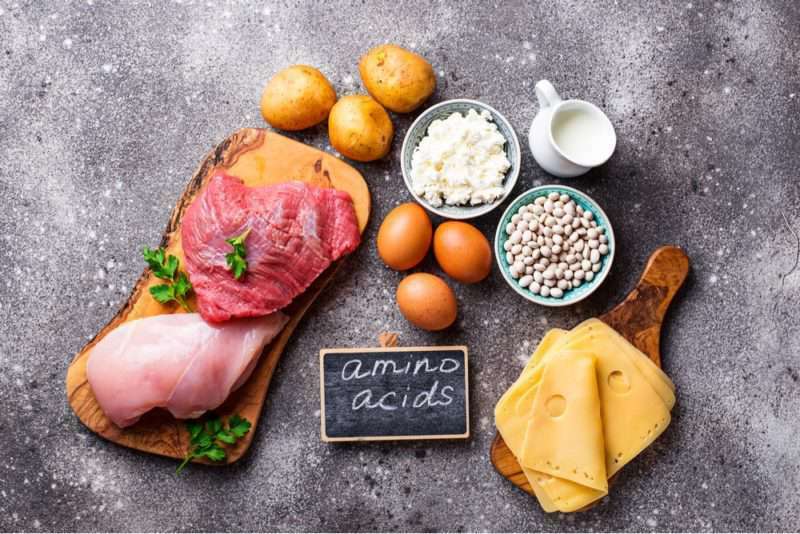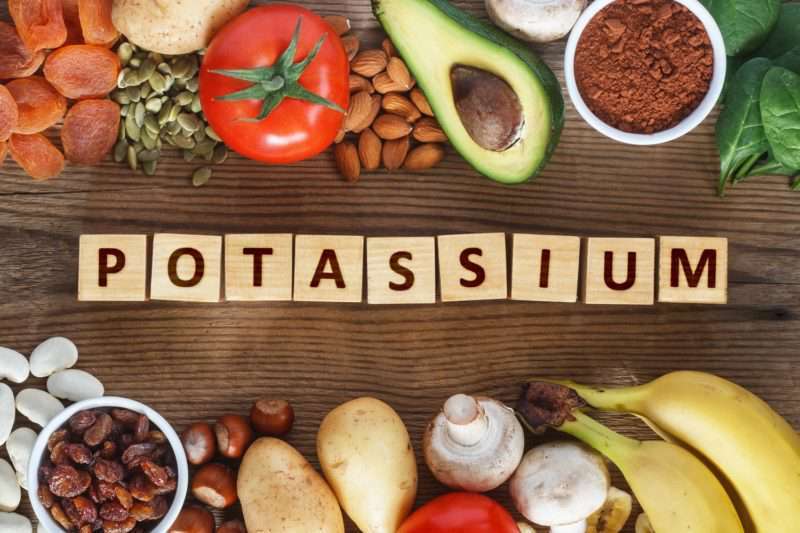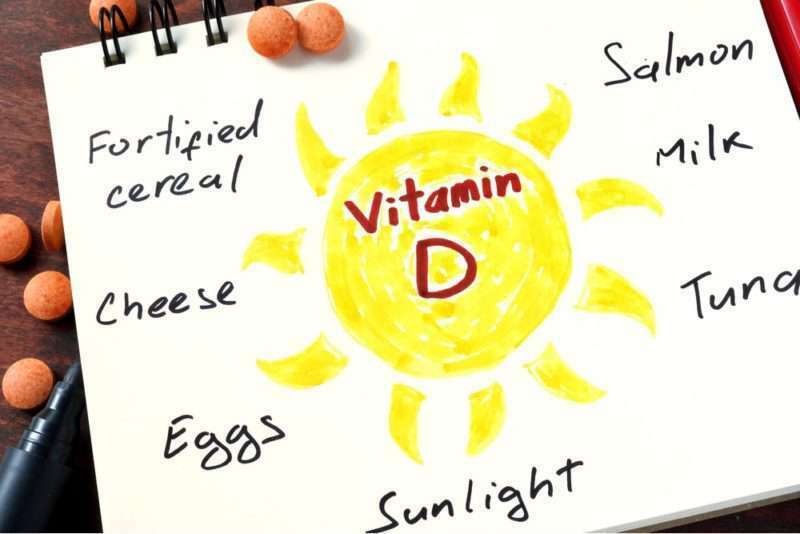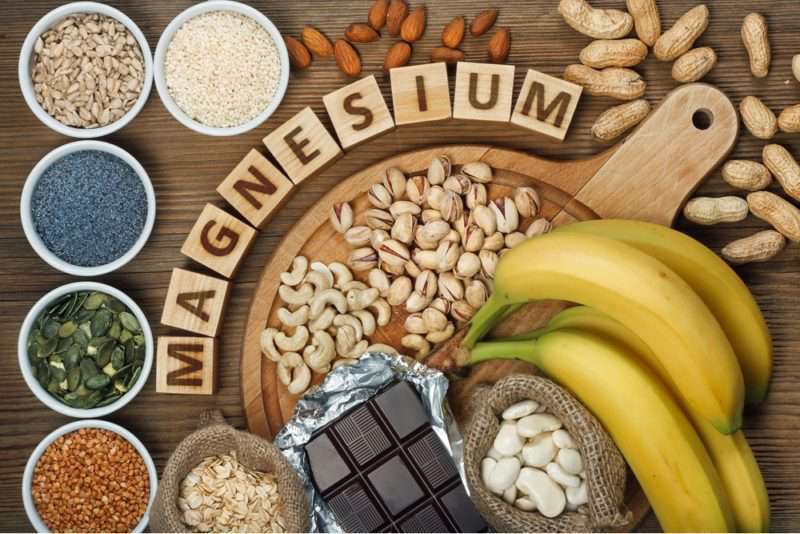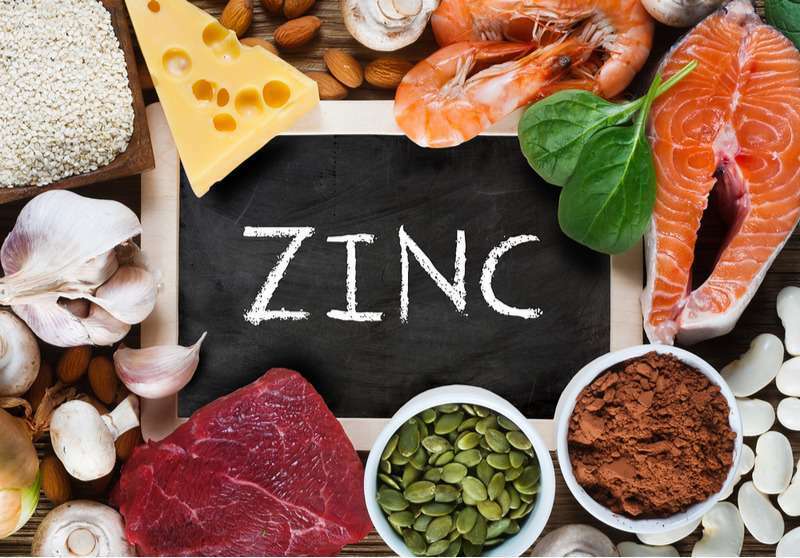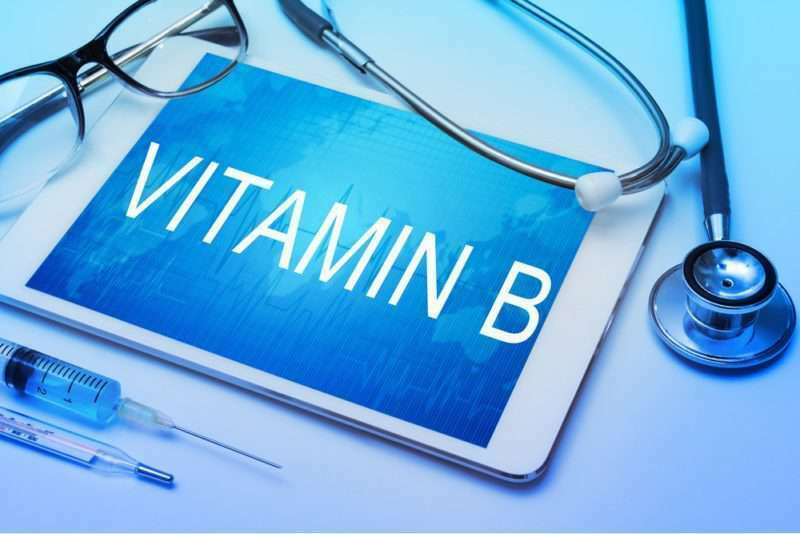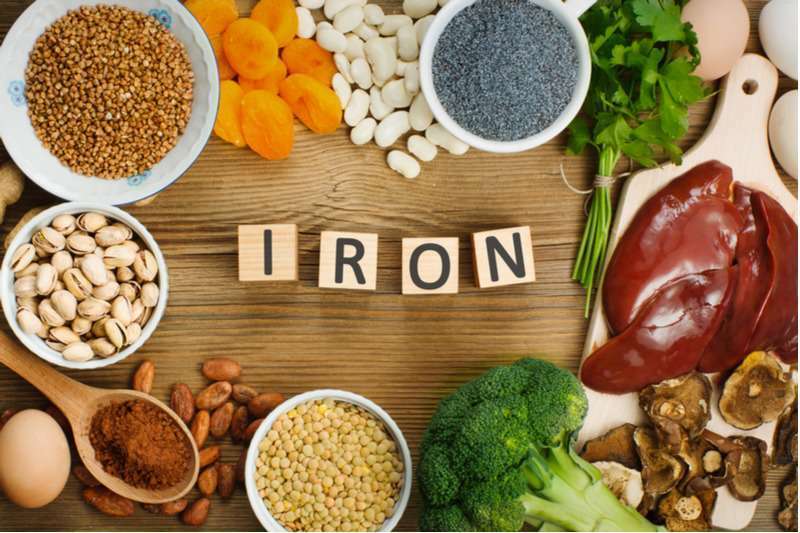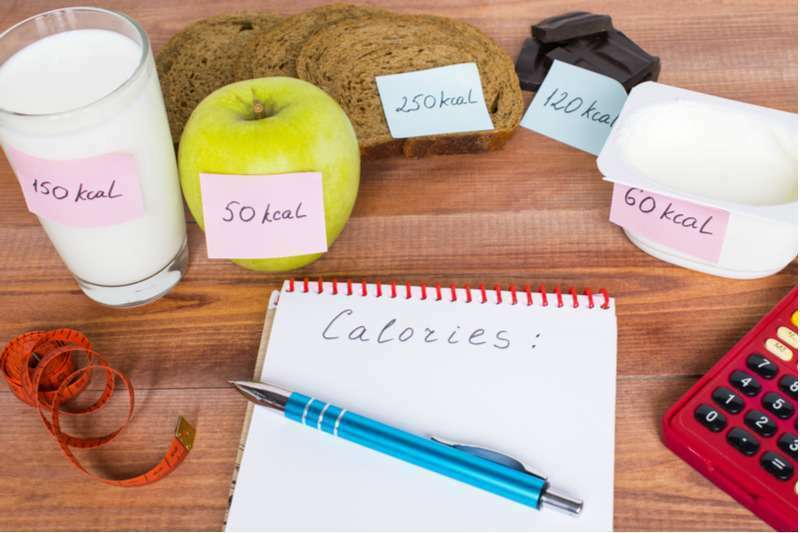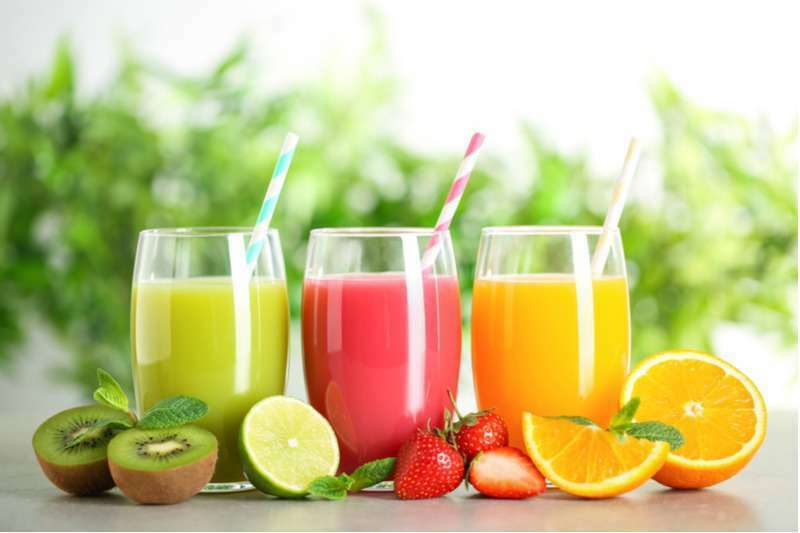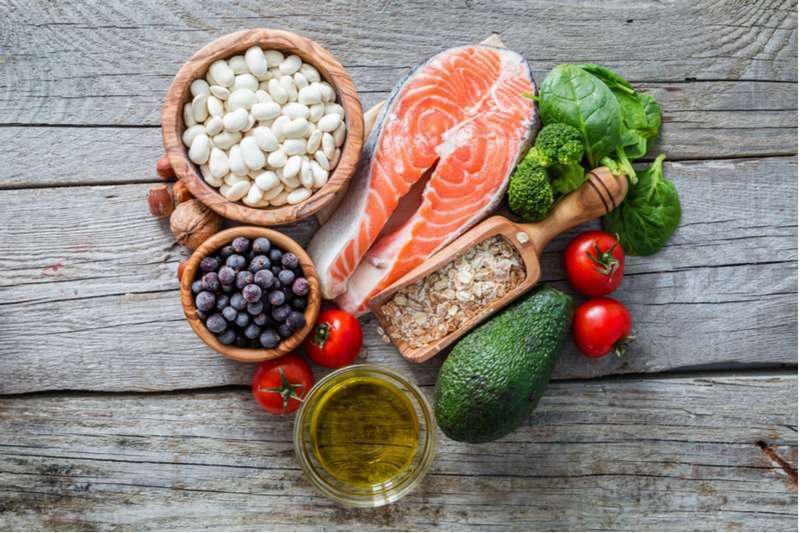Amino acids are often discussed as being the building blocks of protein. They are compounds that play many vital roles in your body. In addition to this, they’re needed for critical processes. These include being the building of proteins as well as synthesising hormones and neurotransmitters. Some amino acids may…
Read MoreNutrition Blog
The mineral ‘potassium’ is the third-most plentiful mineral in the human body. Potassium assists the body to regulate fluid, send nerve signals to the muscles and various other parts of the body as well as to modulate muscle contractions. Approximately 98% of the potassium in a person’s body is found…
Read MoreThe body produces vitamin D. This is as a response to sun exposure. This vitamin can also be taken in through food or supplements. (Later in this article, we’ll chat about which foods are rich in Vitamin D.) What Does Vitamin D Do? Experts are studying vitamin D for its…
Read MoreMagnesium performs a function in over 300 enzymatic reactions within the body. These include the metabolism of food, synthesis of fatty acids and proteins, and the transmission of nerve impulses. The human body contains around 25 grams (g) of magnesium. Between 50 and 60 percent of magnesium is to be…
Read MoreZinc is a trace element. This means that you need very little of this substance for it to be effective and for you to maintain a healthy immune system. A lack of zinc can make a person more vulnerable to disease and illness. This trace element is responsible for a…
Read MoreThe term ‘vitamin B’ refers to eight different vitamins. Vitamin B group Vitamin B1: Thiamin Thiamin allows the body to use carbohydrates as energy. Vitamin B1 is essential for glucose metabolism. In addition, it plays a key role in the functioning of nerves, muscles, and the heart. Vitamin B2: Riboflavin…
Read MoreAs an essential mineral, iron is found in every cell of the body. Its main role is to transport oxygen in the blood to the tissues. This essential mineral ensures that our muscles are working properly. It also helps the body convert carbohydrates into energy when we exercise. While the…
Read MoreFor a variety of activities in the body, vitamins and minerals are crucial. For example, turning food into energy and keeping bones healthy. These essential elements also may affect how well the body accomplishes aspects. There are no official guidelines for vitamin recommendations specific to athletes at the moment. This…
Read MoreWhile most people know that aerobic exercise is good for the heart and that resistance training helps build lean body mass, most people don’t fully understand how these different types of exercise cause very different responses within our bodies. It is critical to have a basic understanding of how our…
Read More“After a lifetime of losing and gaining weight, I get it. No matter how you slice it, weight loss comes down to the simple formula of calories in, calories out.” Valerie Bertinelli, American Actress The answer to the question posed in the title is: “It depends”. Before you scream and…
Read MoreFruit forms a fundamental part of a healthy nutritional plan. It’s recommended that a person eats two portions of fruit per day and three portions of vegetables. Some of the healthiest fruit that you can add to your diet include granadillas, raspberries, dates, persimmons, guava, blackberries and naartjies. So, the…
Read MoreA diet that is good for diabetics is just about eating the healthiest foods in moderate amounts. The most important thing is to stick to regular mealtimes so as to maintain a constant blood sugar level. A person who suffers from diabetes should be on a healthy-eating plan that’s naturally…
Read More
